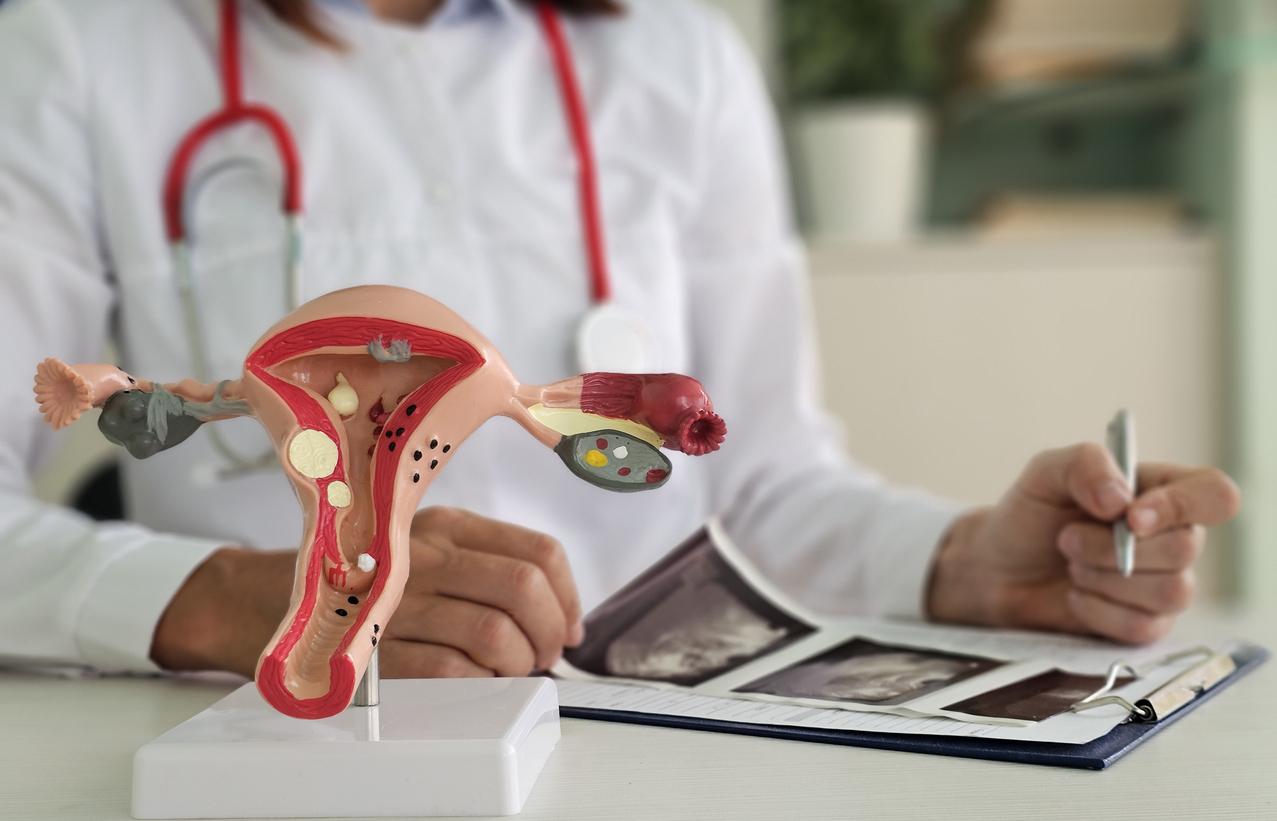If a reliable test allowing to diagnose Alzheimer’s disease before the appearance of any symptoms existed, 90% of French people would submit to it.
This is revealed by a survey sponsored by the Espace éthique Alzheimer on the occasion of the Alzheimer’s Summer University which will be held from 17 to 20 September 2013 on the theme of “Want to know: anticipate, diagnose, mobilize”.
The benefits of getting tested
Even if today no treatment cures this disease, for 72% of French people, the fact of knowing that one is suffering from Alzheimer’s disease before the appearance of the first symptoms has more advantages than disadvantages. Getting tested would allow you to be reassured in the event of negative results, and to have time to prepare, in particular to anticipate your future, in the event of a positive test. 63% of French people would be reassured to be able to make decisions for their future in full possession of their faculties. 54% of them declare that in the event of a positive diagnosis, they would have time to organize their care and prepare for the disease with their loved ones. About 42% of respondents prefer to live knowingly and take advantage of the time that remains.
Alzheimer’s, a disease that worries the French
According to this survey, 6 out of 10 French people believe they know the disease. Many of them think about it for themselves (52%) and for their loved ones (60%). And for 62% of French people, a simple memory lapse instantly brings to mind this disease which greatly worries 10% of them. The resulting dependence was the most anxiety-provoking feature of the disease for them; the vast majority of them did not consider themselves capable of coping with it. In the event of the announcement of this disease, the French would find it difficult to communicate the diagnosis. In fact, 61% of them believe that certain people should not be informed. The disease can be revealed to his spouse, his doctor and, to a lesser extent, to his children. But outside this sphere of proximity, the disease should not be declared.
This survey was carried out by TNS Sofres, for the National Space for Ethical Reflection on Alzheimer’s Disease with a sample of 2001 people representative of the French population aged 18 and over.















